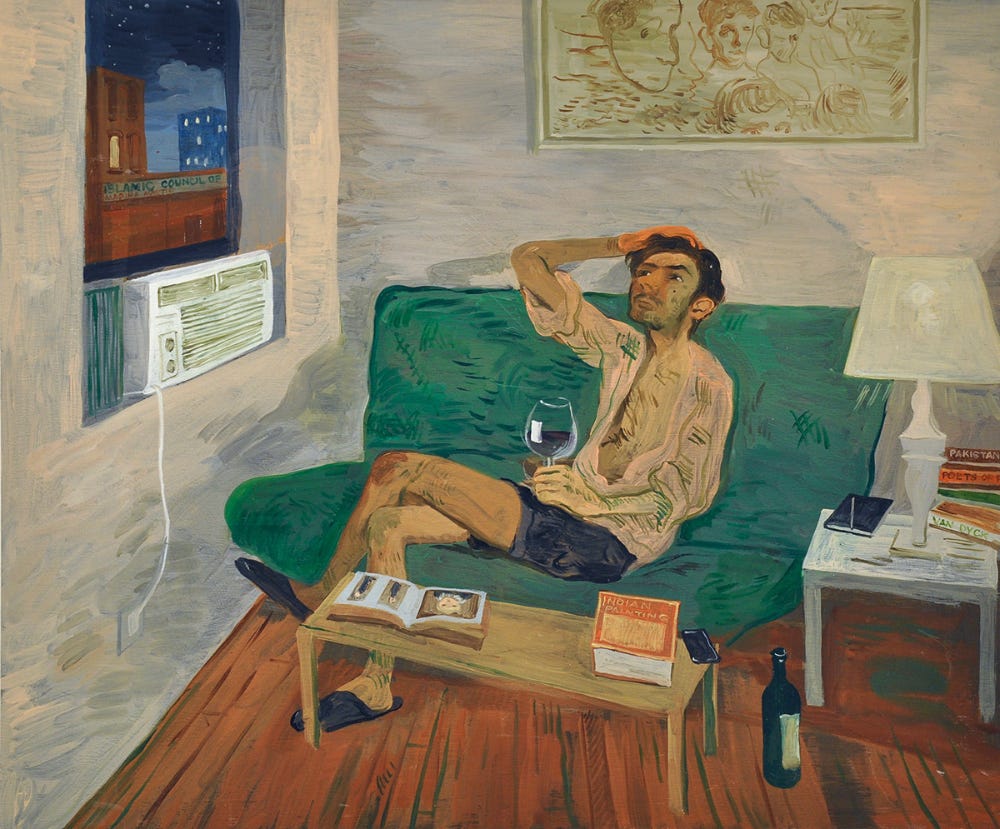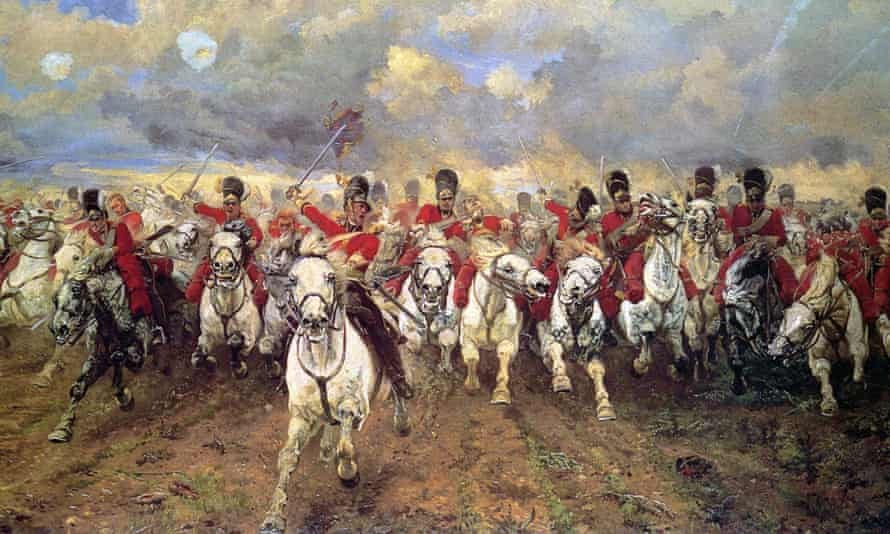Welcome to Wait! Just Listen, a weekly series of short essays dedicated to unpacking moments of humanness from the all-consuming web of digitisation. If this type of content enriches your life in any way, please consider subscribing. If you need more reasons to subscribe, then click here.
But before we get started on today’s topic, I’ve a favour to ask. If you get a spare second, please consider sharing these weekly scribbles with someone who might enjoy them just as much as you have. Your continued support has made this literary voyage supremely rewarding.

John Steinbeck once famously claimed; “I’m not a writer. I’ve been fooling myself and other people. I wish I were”, as he was working on the book that earned him a Pulitzer and paved the way for his Nobel Prize. Steinback had a point. You see, I’ve always been somewhat inclined to regard self-doubt as an unnecessarily villainised trait rather than a weakness, particularly in regards to writing. Whilst this may be a contrarian view to mainstream thinking, I have my reasons. And to be brutally honest, you wouldn’t be subscribed to this newsletter if you are after commonplace ideals and ideas. There are several other prodigiously written haunts for that sort of content.
Right, self-doubt. Well, if you have been a long-time reader, you’d be aware that I regard ambiguity as a staple part of the creative process. The frantic search for a defining quality in our writing/art is part of managing uncertainty. This chaotic fumbling in ‘finding our authentic voice’ and the struggle to align ourselves with an idealised identity (‘I’m not a writer’) has a cathartic effect. It creates a purposeful disorientation - we are less likely to be pleased with predictable and static standards of progress. Underlying this self-doubt is an implicit acknowledgement of a certain je nais se quois to good quality writing and a quiet but hungry aspiration to seek and ravel in its magnificence.
Essentially, self-doubt is not an obstacle to good writing but a path itself.
John McPhee, the revered New Yorker columnist and author of ‘Draft No. 4: On the Writing Process’, once remarked that self-doubt was to him, a very rational process in the writing craft because each new book, essay or story, thrives as a separate piece on its own merit, posing its own unique challenges and evoking very specific forms of writer-related insecurities.
In some twenty months, I had submitted half a dozen pieces, short and long, and the editor, William Shawn, had bought them all. You would think that by then I would have developed some confidence in writing a new story, but I hadn’t, and never would. To lack confidence at the outset seems rational to me. It doesn’t matter that something you’ve done before worked out well. Your last piece is never going to write your next one for you. Square 1 does not become Square 2, just Square 1 squared and cubed.
-John McPhee
In fact, I’d go as far as to say that the pathological onslaught of self-doubt is a much understated tool in a writer’s arsenal. Writing, for me, has always been about acclimatising myself to an idea or concept - a long drawn negotiation with the intellect on what actually needs communicating. The process begins from a place of troubling incoherence and half-baked ideas that constantly churn through my waking mind, as I assemble and reassemble its constituent parts. There is nothing particularly elegant or rarefied about the process.
Often, I begin writing these short essays without fully knowing what will ensue, both in terms of structure and content. It is this unplanned voyage that is hauntingly exciting and yet unsettling at the same time. This turbulent path is a ride worth succumbing to because it reflects correctly calibrated creative aspiration. In such circumstances, there is no exuberant scripting or overthinking, as the narrative flows organically with minimal pretentiousness. It is conversational, prescriptive, informative and engaging, all at once. I like to think of writing as a marauding of one’s heart, mind and soul for the gift of creative expression.
Ultimately, self-doubt teases us to try what is untried; to banish formulaic templates and stylistic guides in favour of the untested and unexampled. To plunge rather than side-step. To seize rather than simply hold. Eventually, the fear of sounding overtly self-conscious and strained dissipates. Writing then becomes akin to the delicate art of weaving words into a rich fabric of life experiences, replete with both its painful and joyous moments.
As surprising as this may be, I rarely ever find the writing experience consistent or predictable. It is premised on my presiding mood, what I’ve previously read and the millions of jostling thoughts that take up temporary residence in my head. At times, my writerly adventures are reminiscent of epic battles between bold ideas and scattered whispers - all colourful in their own way, each adding their own texture and hue to my literary canvas.
Finally, for anyone who writes, self-doubt, is typically amplified by a nagging impulse to be original. But therein lies the problem. Originality, as much as one may deny it, is dead. Without imitation there can be no genesis. It is only through internalising the cultural material around us that we are able to flavour our literary voice with a dash of authenticity. Writers are not born with a golden pen in their hand and a thousand-page manuscript of editorial possibilities. We all have to start somewhere. Everyone has a symphonic body of work reverberating inside of them - it just requires a resilient enough conductor (yourself) to unleash it.
So the next time self-doubt meanders its way into your conscience, just remember, there is nothing more delusional than a writer who is self-assuredly comfortable at being one. I’m sure Steinbeck would agree.





I relate to this on various levels — I find that the writing that I am often the most proud of is the one that led me down the longest path of self-doubt. It's a strange mystery.
I'm curious to hear about your writing experience and how it relates to your relationships. Do you ask for people's feedback? Do you isolate yourself for days and just write?
Keep up the good work. More self-doubt please. Or maybe not. I don't know.
Great essay! Really enjoyed it. Self-doubt is pretty much like my writing process works. And the more doubtful I am, the better the work (in retrospective subjective evaluation), and the more important it to me. And it doesn’t change over time, not yet at least.